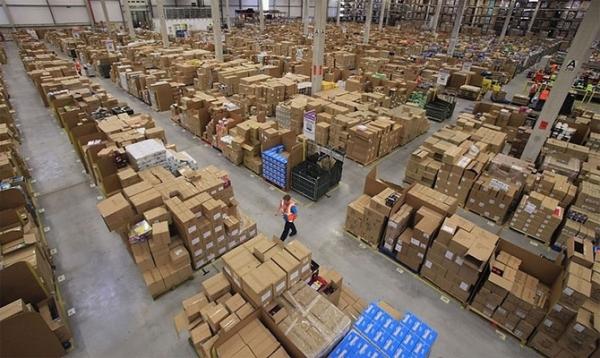RFID plays a major role on the logistics procurement, storage, transportation, sales and social benefits . RFID’s role is mainly divided into the following areas.

First, purchase
Using RFID technology change the traditional vendor stock management, use the reader to obtain goods and simultaneous arrival of logistics information, automatic statistical information on the goods and storage of incoming information system; goods placed in the warehouse after different regions, You can use a fixed RFID reader status of the goods stored in the warehouse can be monitored, such as designated stacking area, shelves statistics and time information. When the deadline approaching cargo storage area will automatically send an alarm signal to a central dispatch system notifies staff; when a library, changes in information goods also transferred to the corresponding database. RFID technology makes use of the registered goods become automated, more quickly and accurately, reducing staff requirements and loss of goods, fast delivery and pickup, and minimize storage costs.
Second, sale
Businesses in the sales cycle using electronic tags for goods statistics, only in the host’s system management software can query the details of the goods, such as the type and amount of inventory. Also in the payment station for automatic scanning and billing items to replace tedious manual collection mode. Even more consumers are concerned about the validity problem, the system for some period of validity has to monitor the effectiveness of merchandise to remind businesses make the appropriate treatment, to avoid losses expired; and merchandise management system to manage the goods in a timely manner when out notify the merchant replenishment, ensure adequate supply, improve the efficiency of the marketing chain.
Third, transport
RFID tags affixed to the surface of goods (for example attached to the container and packaging), you can control cargo tracking. In the process of transportation of goods to be installed in the stations, docks, airports, motorway exit, etc. of the reader to read the electronic tag information, along with the location information database of goods delivered to goods dispatch center, accurate and timely updated logistics network of cargo information. RFID technology application in the above aspects make reasonable product inventory control and intelligent logistics technology possible.
RFID is ideal for logistics tracking, delivery vehicles, storage shelves and target identification and other requirements of non-contact data collection and exchange of the occasion, widely used in logistics management warehouse management, transportation management, material tracking and shelves to identify, store (in particular, supermarkets).
Conclusion: Radio frequency identification technology is becoming an important tools in the logistics supply chain and information management and so on. RFID in logistics applications will be an unprecedented expansion of the market. Looking around the application of RFID is not only reflected in the general field of logistics, but also are reflected in the many new areas, development prospects of radio frequency identification technology is still very broad.

